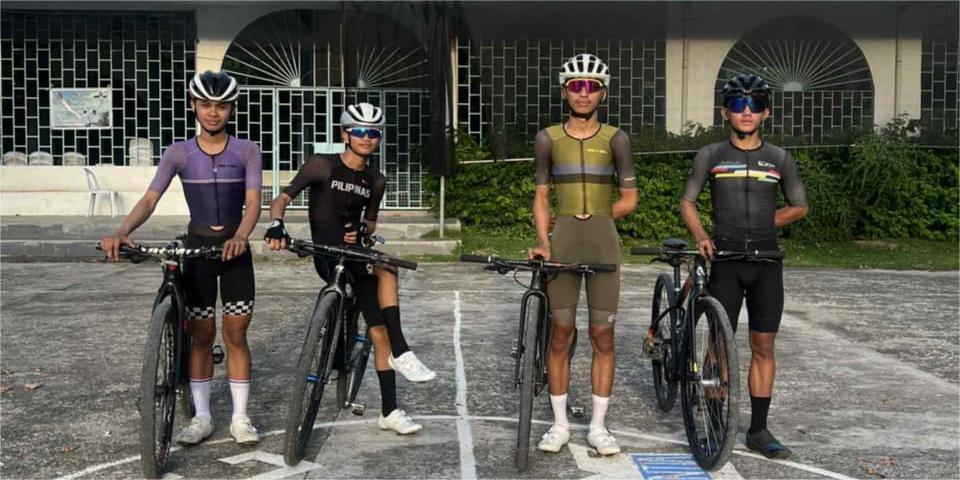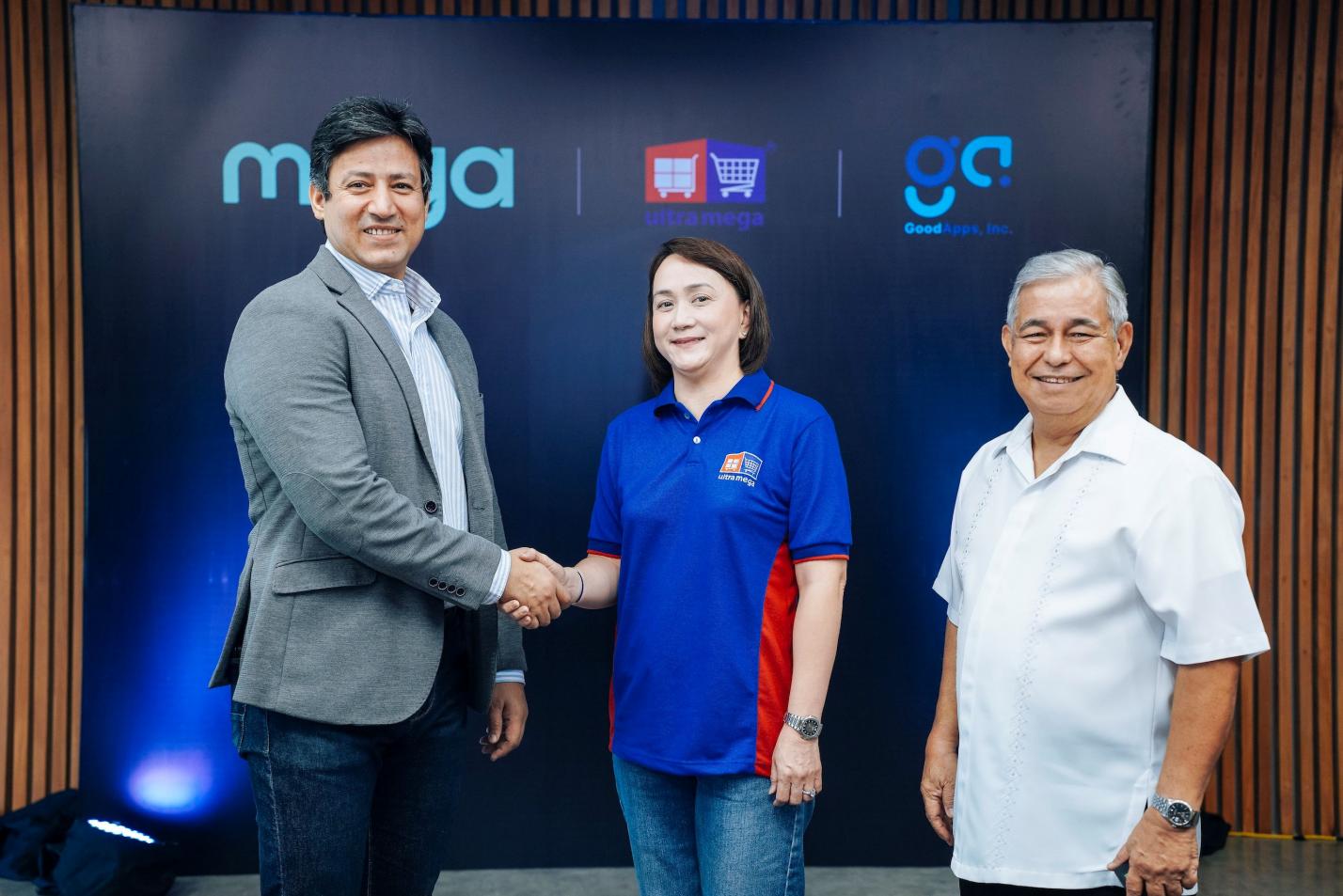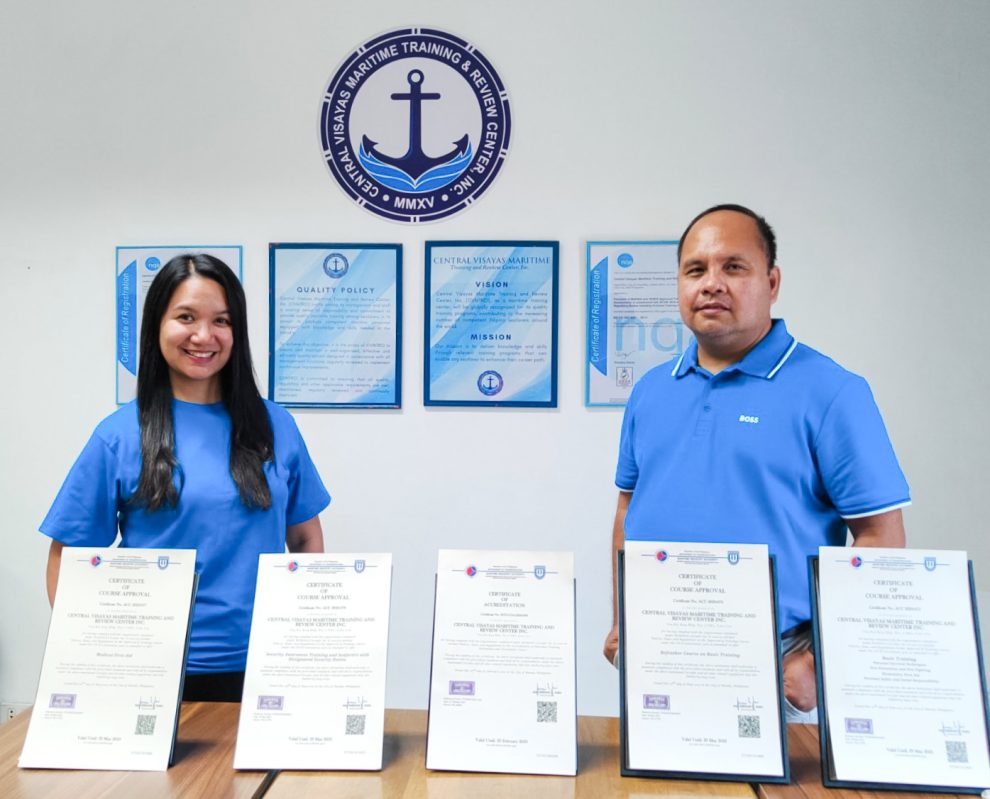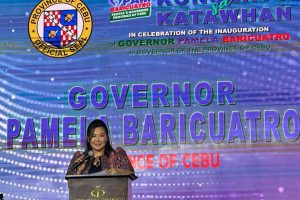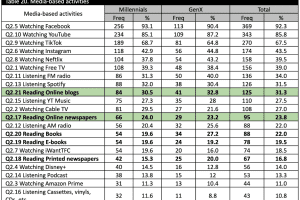The Central Visayas Maritime Training and Review Center Inc. (CVMTRC) will help provide trainings required under the International Convention on Standards on Training, Certification and Watchkeeping (STCW).
Initially, the training center only offers domestic training courses for the apprentices of Medallion Transport Inc., a Cebu based shipping company plying the route from Cebu City to other destinations in Leyte, Bohol, and Dipolog City.
Since it already has the necessary infrastructure, the management decided to expand into STCW approved training courses and offered them to everyone seeking for domestic or international employment, said Atty. Ricardo Labial Jr., the training center’s President.
The STCW requirements aims to enhance safety by focusing on professional competence, physical fitness, and technical skills of all seafarers to conduct the ship from port of origin to port of destination.
Aside from strict observance of international and national maritime safety laws, seafarers also have to be able to respond to emergency situations through training in firefighting, damage control, vessel and personnel security, inclement weather evasion, and lifeboat operation.
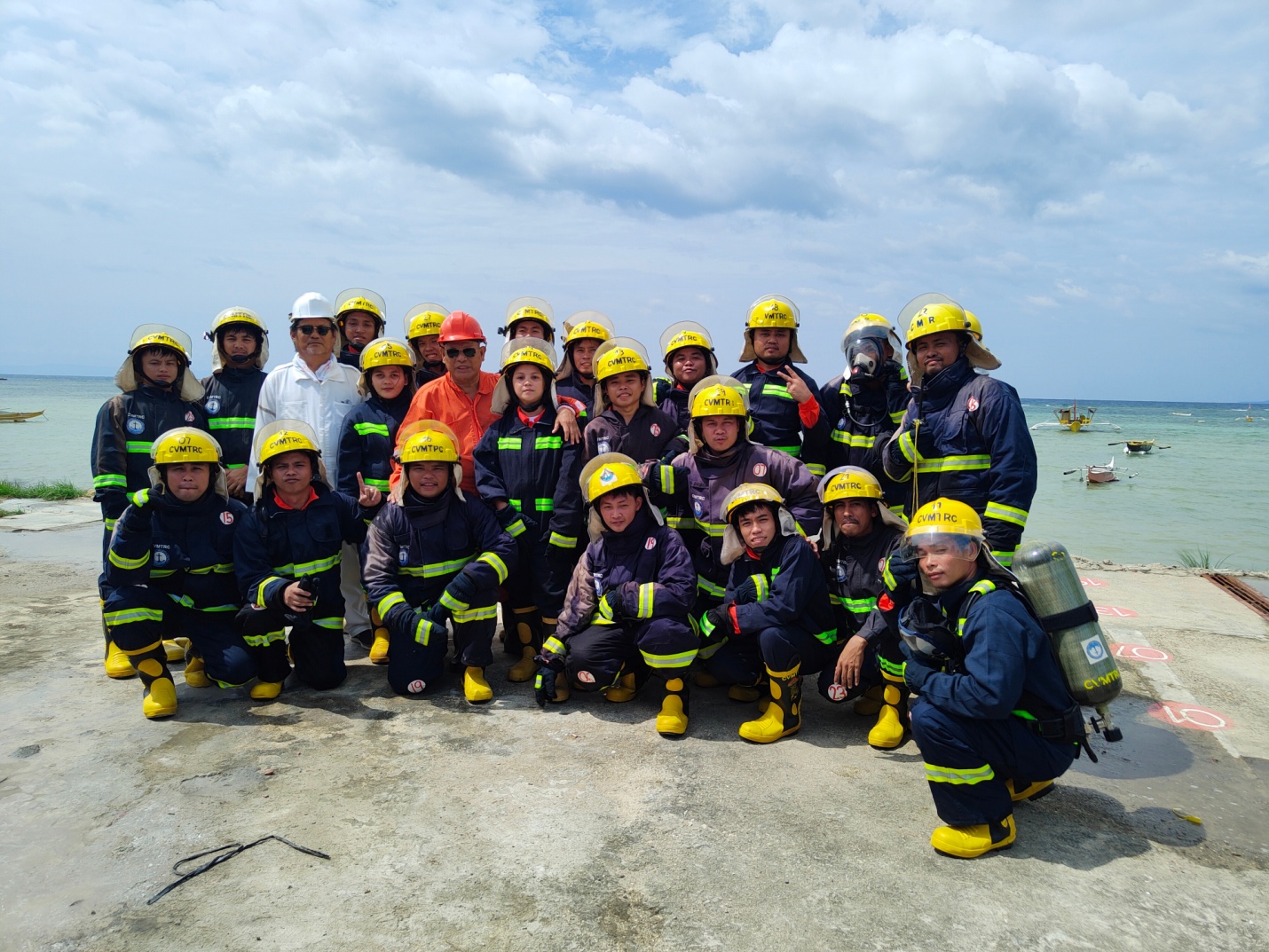
Instructor, Assessor and Trainees after their Fire Prevention and Fire Fighting Practical Assessment
According to the Maritime Industry Authority (MARINA) the mandatory training courses for seafarers under the STCW Convention, 1978, as amended include basic training on personal survival techniques, fire prevention and fire-fighting, elementary first aid, and personal safety and social responsibilities as well as refresher courses.
MARINA has granted the Certificate of Accreditation No. MTI-COA-2023-009 to CVMTRC, which is valid until February 22, 2033. MARINA also issued Certificate of Accreditation approving the following courses: Basic Training, Security Awareness Training and Seafarers with Designated Security Duties Refresher Course on Basic Training, and Medical First Aid, which are also valid until February 22, 2033.
The training center also received ISO certification through the United Kingdom Accreditation Service (UKAS) before it applied for accreditation as a maritime training center in the MARINA.
Atty. Labial said the courses would enable their trainees to acquire the ability to respond to different situations.
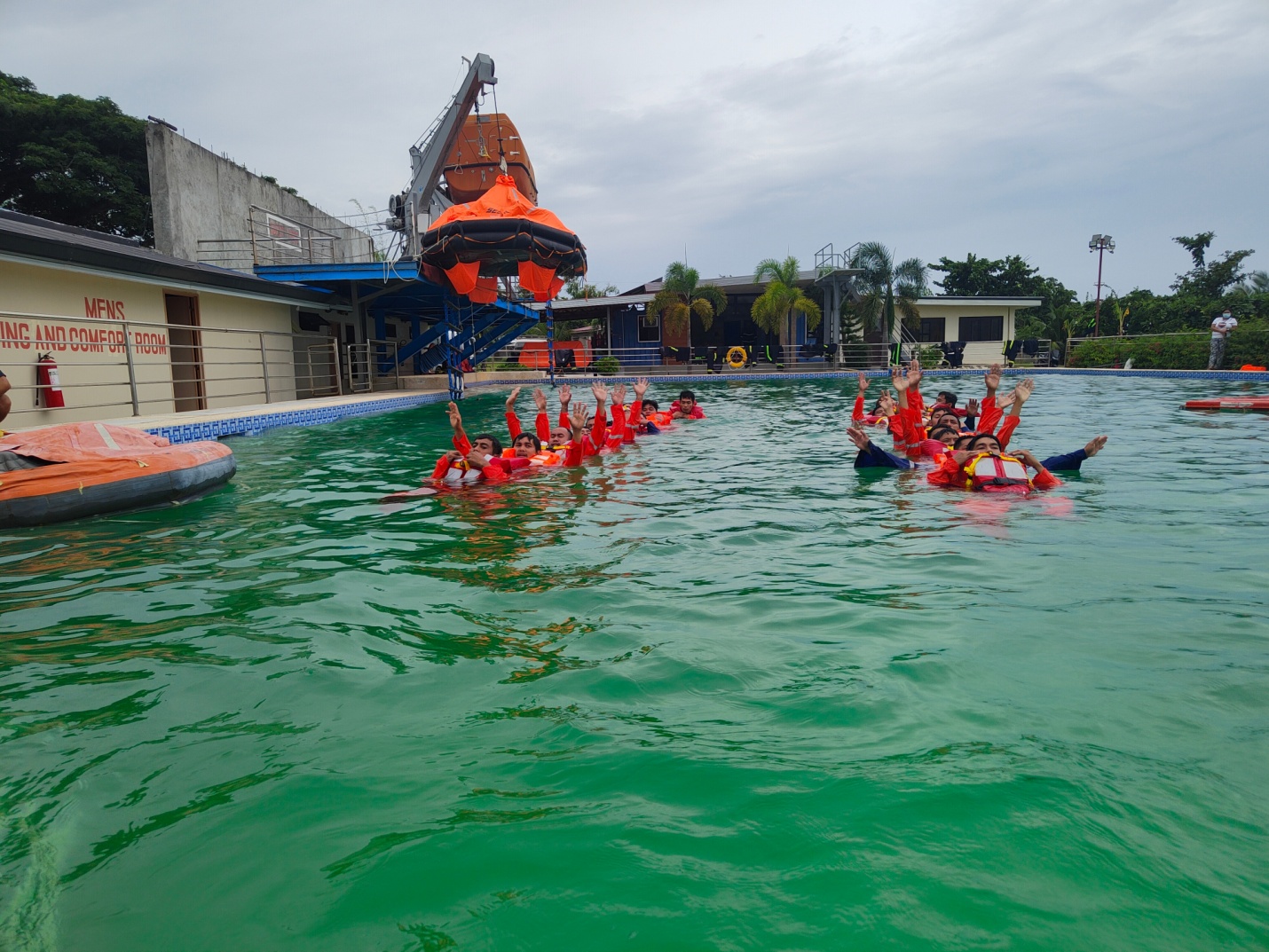
Practical Exercises for Basic Training – Personal Survival Techniques
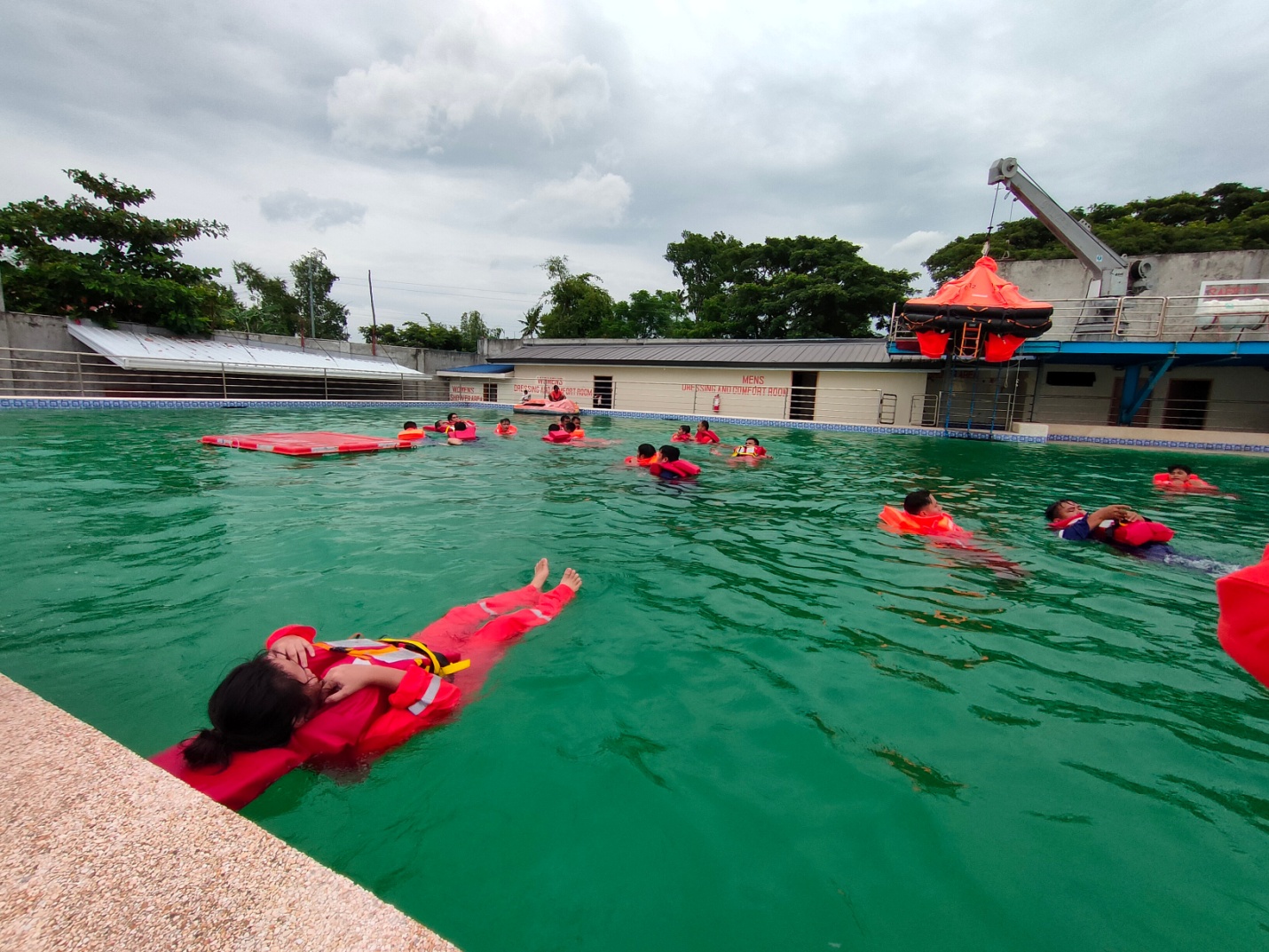
Practical Exercises for Basic Training – Personal Survival Techniques
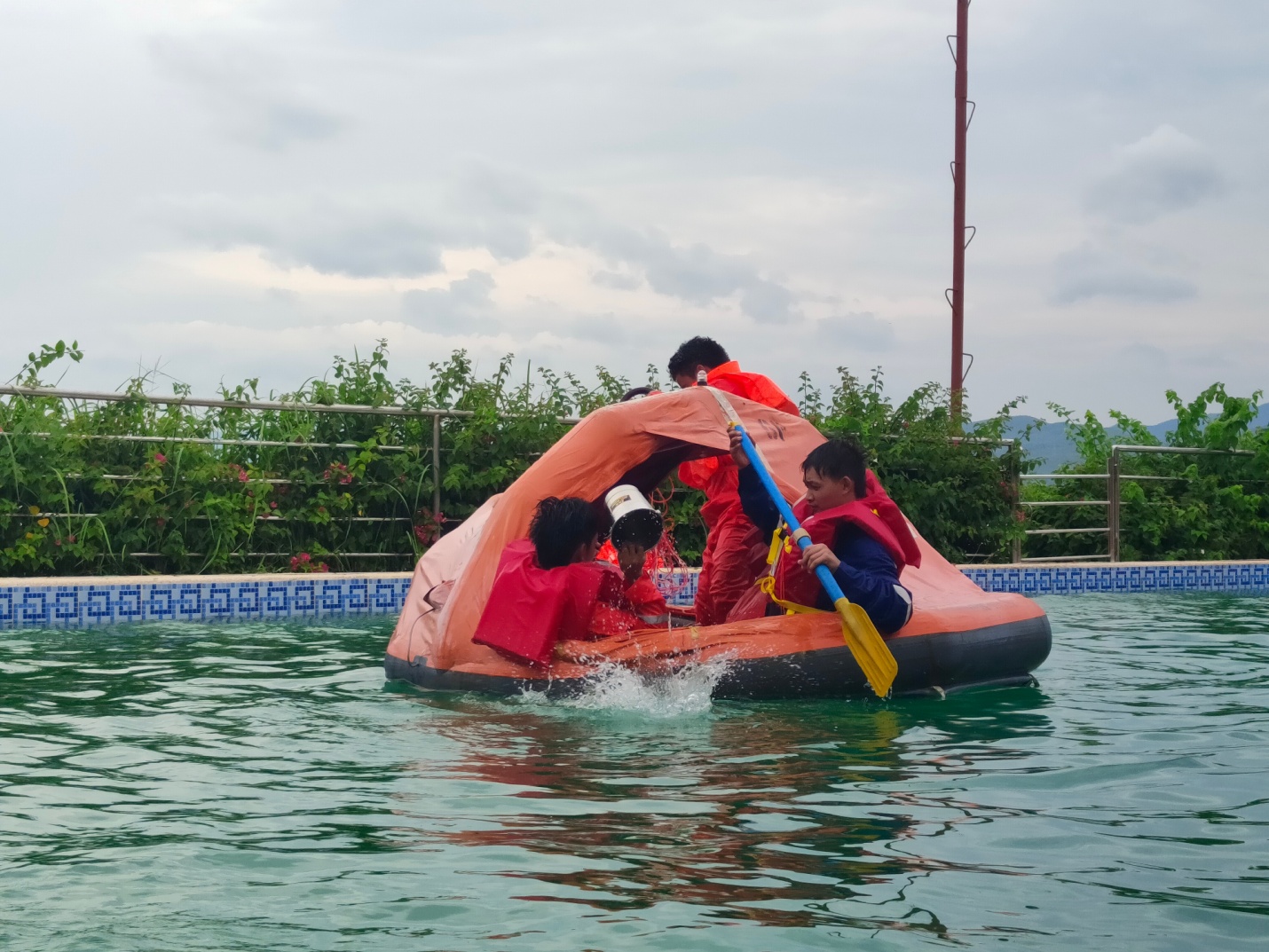
Practical Exercises for Basic Training – Personal Survival Techniques
He said that Basic Training is the required full course for all seafarers under the International Convention on Standards of Training, Certification, and Watchkeeping for Seafarers. It aims to provide basic knowledge and skills to ensure the safety and security of both seafarers and vessels The course typically includes four modules, namely: Personal Survival Technique (PST); Fire Prevention and Firefighting (FPFF); Elementary First Aid (EFA); Personal Safety & Social Responsibility (PSSR).
Seafarers who have completed the Basic Training program are required to take the Refresher on Basic Training once every five years.
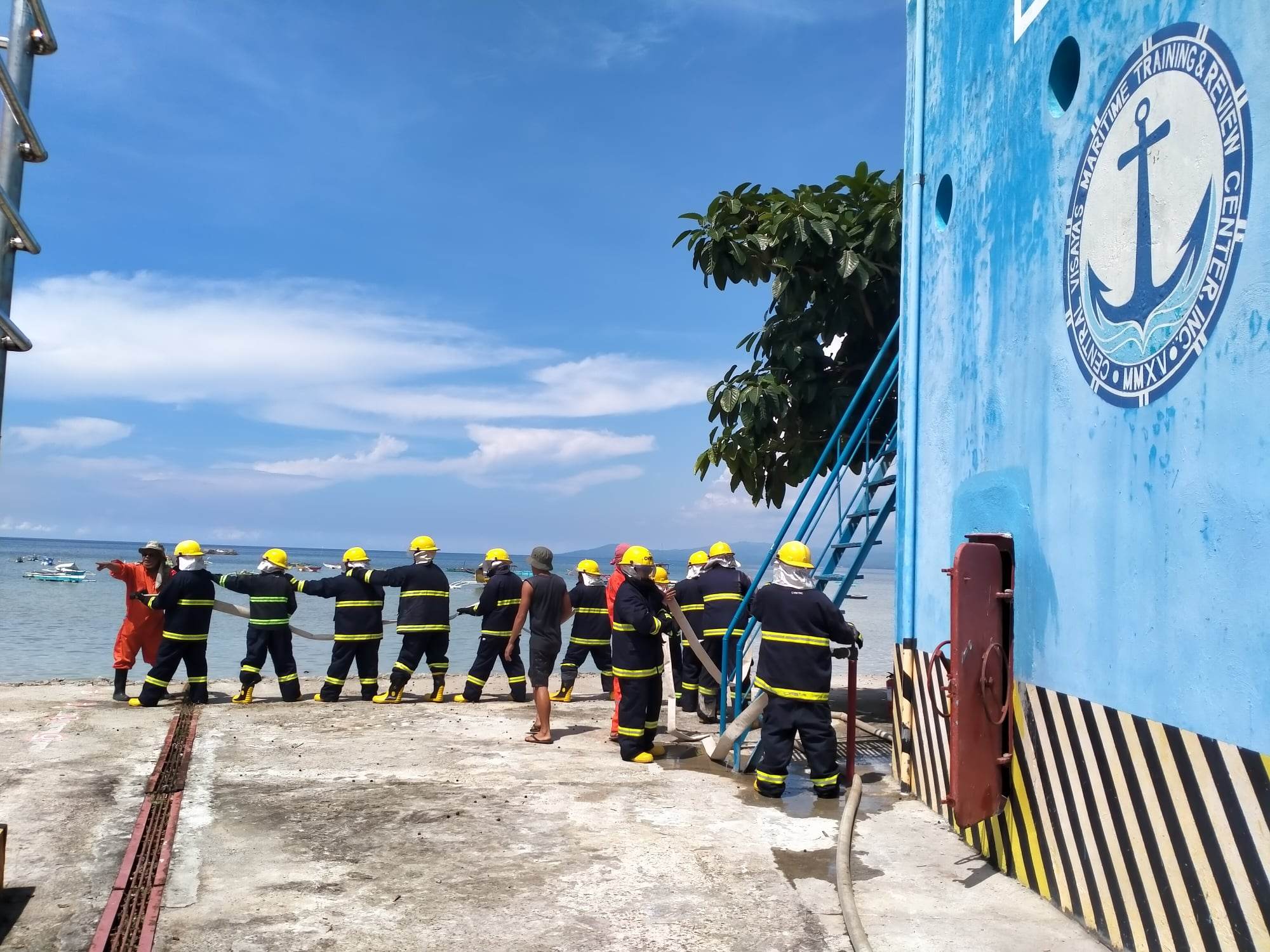
Practical Exercises for Basic Training – Fire Prevention and Fire Fighting
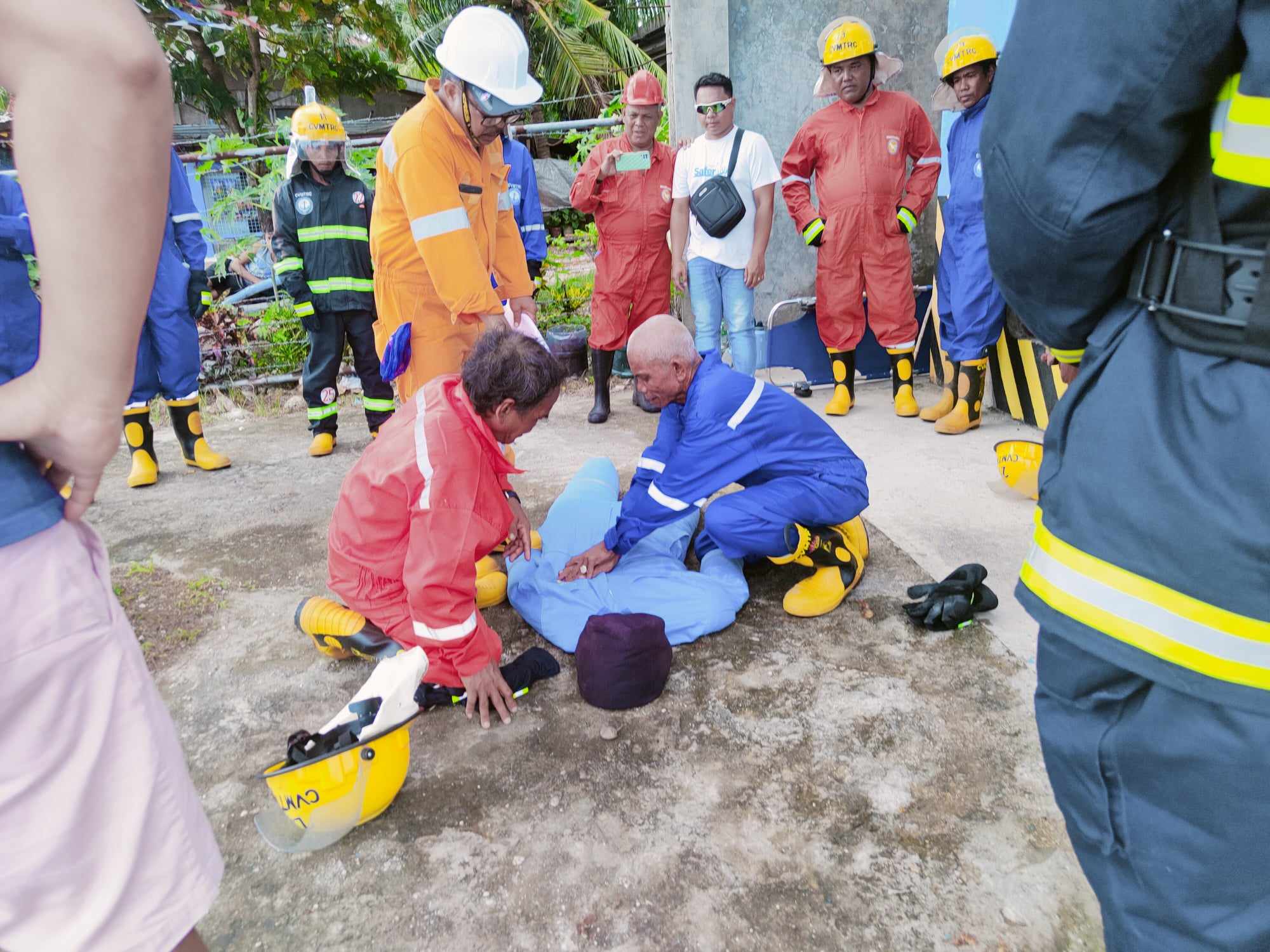
Practical Exercises for Basic Training – Fire Prevention and Fire Fighting
The training in Medical Emergency First Aid is crucial to ensuring the health and safety of seafarers and passengers onboard vessels. On the other hand, the Security Awareness Training for Seafarers with Designated Security Duties (SAT-SDSD) is designed for seafarers who have specific security duties on board ships, such as personnel responsible for the ship’s security, monitoring security equipment, or implementing security measures as part of their job roles.
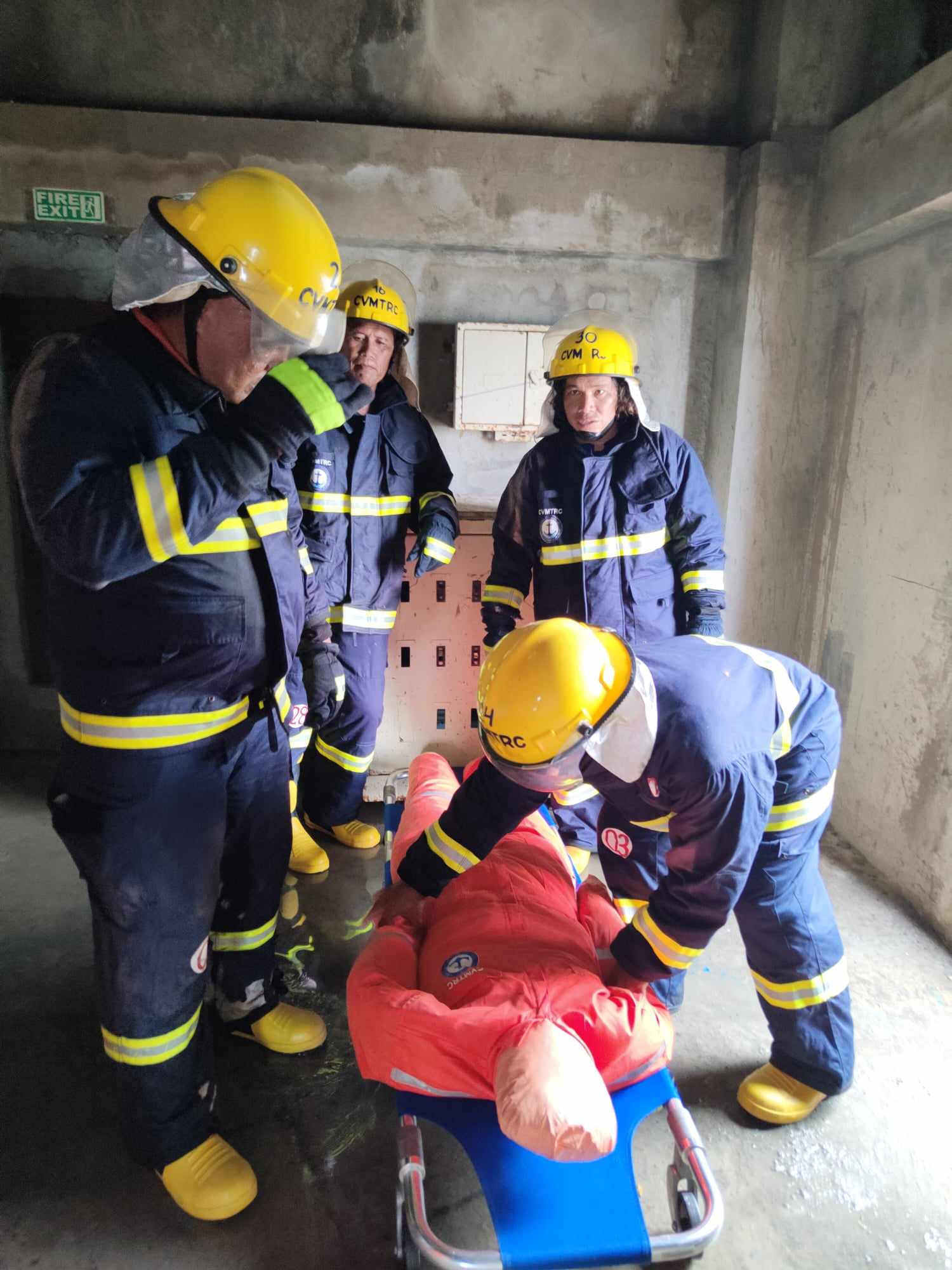
Practical Exercises for Basic Training – Fire Prevention and Fire Fighting
CVMTRC can assure seafarer trainees that the training they undergo is compliant to international standards.
Ms. Therese Fulache, CVMTRC training director, said they ensure that the trainors will maintain the training standards.
“Under our Quality Management System, we conduct a review of our training courses every year, ” Ms. Fulache said.

Training Director, Mrs. Therese Fulache, explaining the background and vision of the institution
She added that the training centers will also do item analysis of test questionnaires to check if there’s a need to improve a particular question.
“We are required to have documented evidence that we conducted the review. The calculation is based on scores of students who took the tests, ” Ms. Fulache said.
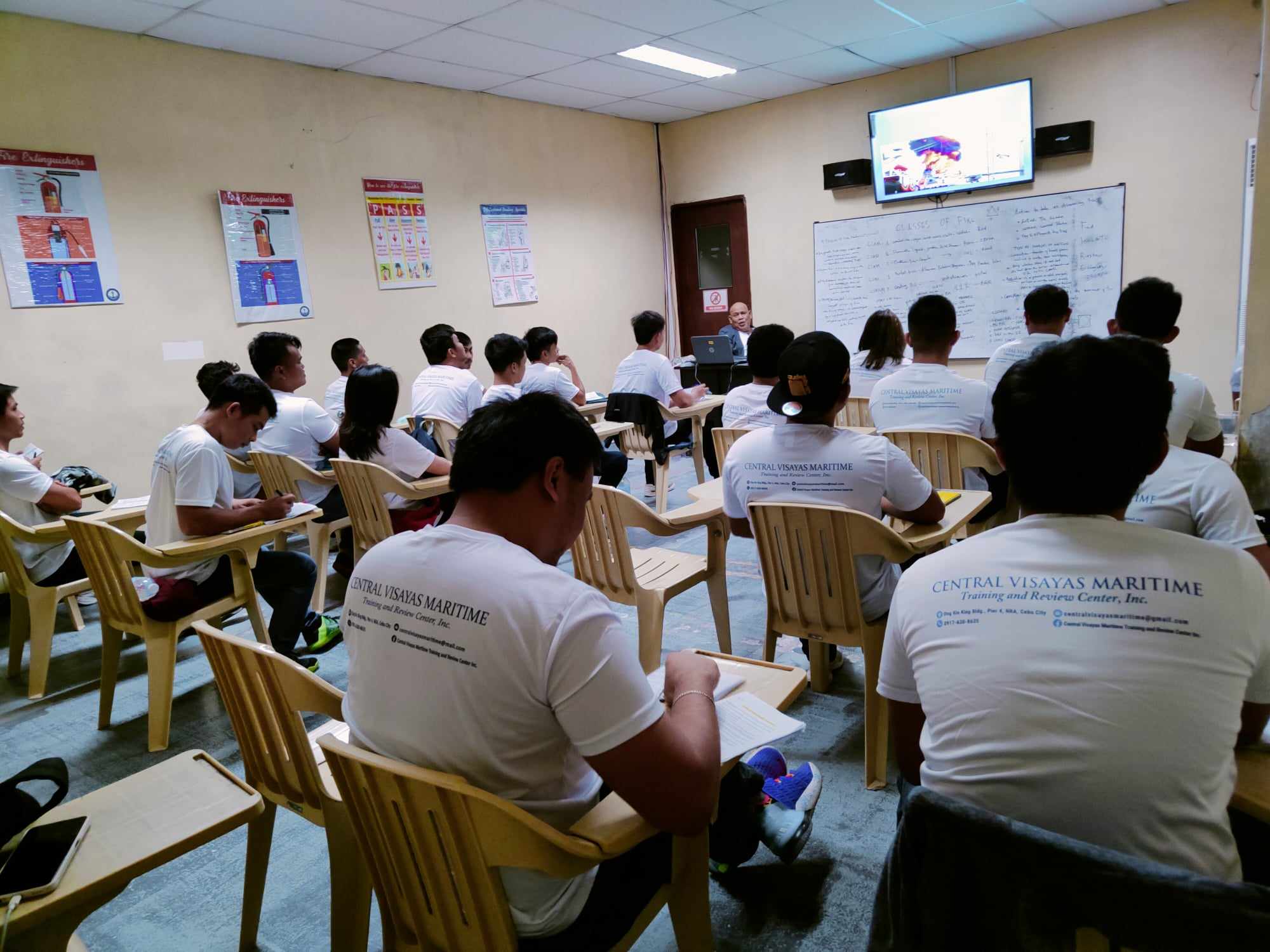
Training Room for Basic Training – Fire Prevention and Fire Fighting
Theoretical classes are conducted at their facility at Ong Kin King Building, Pier 4, North Reclamation Area, Cebu City, she explained.
On the other hand, practical training are held at their 6,000-sq.m.-facility in Tuyom, Carcar City.
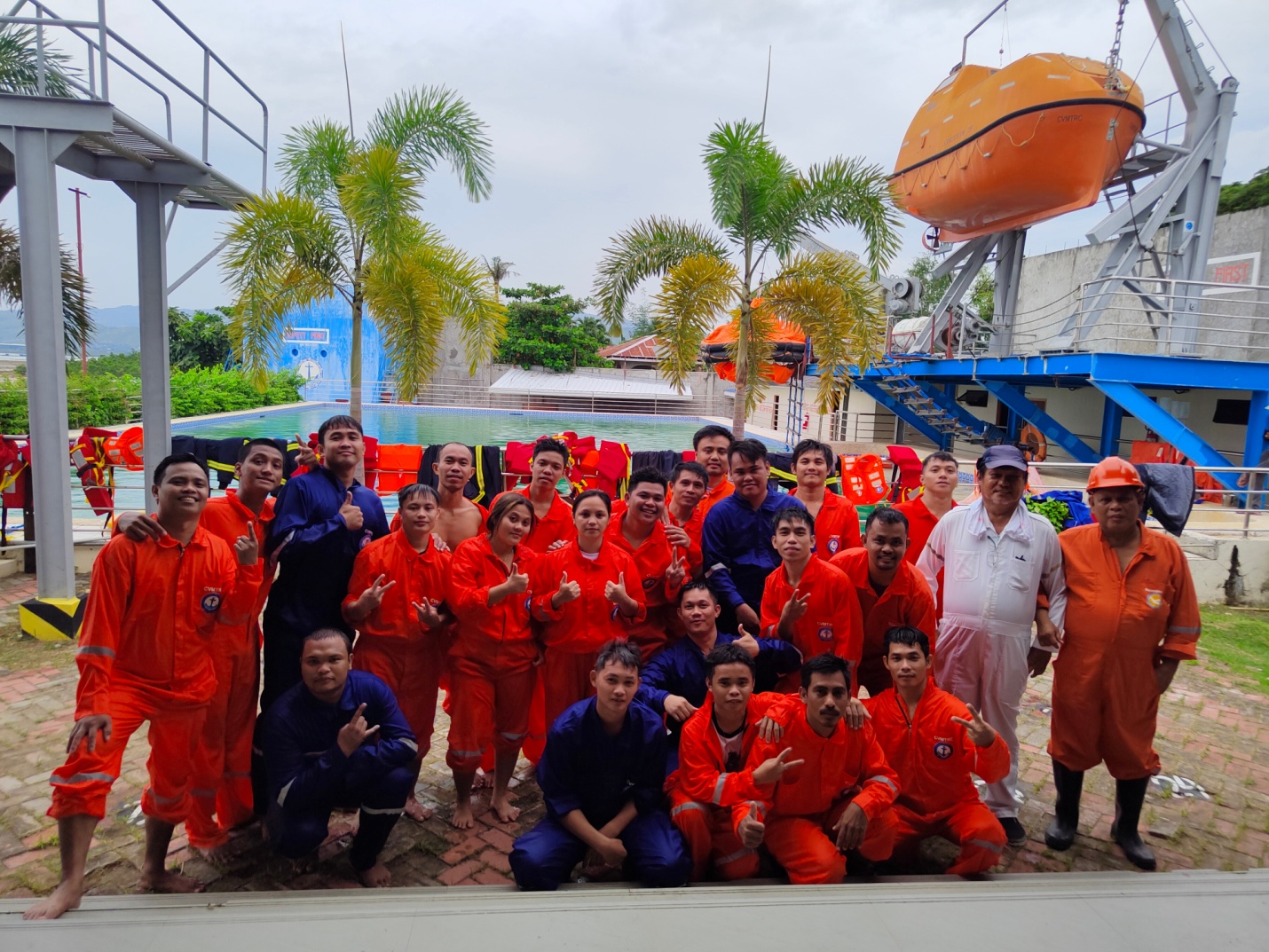
Instructor, Assessor and Trainees after their Personal Survival Techniques Assessment
The Carcar facility also has a large swimming pool size 27 by 18 meters and 5 meters deep for practical training. The pool size is bigger than the required 25 by 15 meters.
When CVMTRC started operations in 2016, it was offering training courses for domestic seafarers. These include Crowd and Crisis Management, Deck Watch, Engine Watch, and the Prevention of Alcohol and Drugs in the Maritime Sector (PADAMS) with HIV.
CVMTRC has nine classrooms that can accommodate up to 24 students per class, the maximum number allowed by MARINA. Aside from theoretical classes, the training center has facilities for hands-on training of various courses, including a swimming pool.
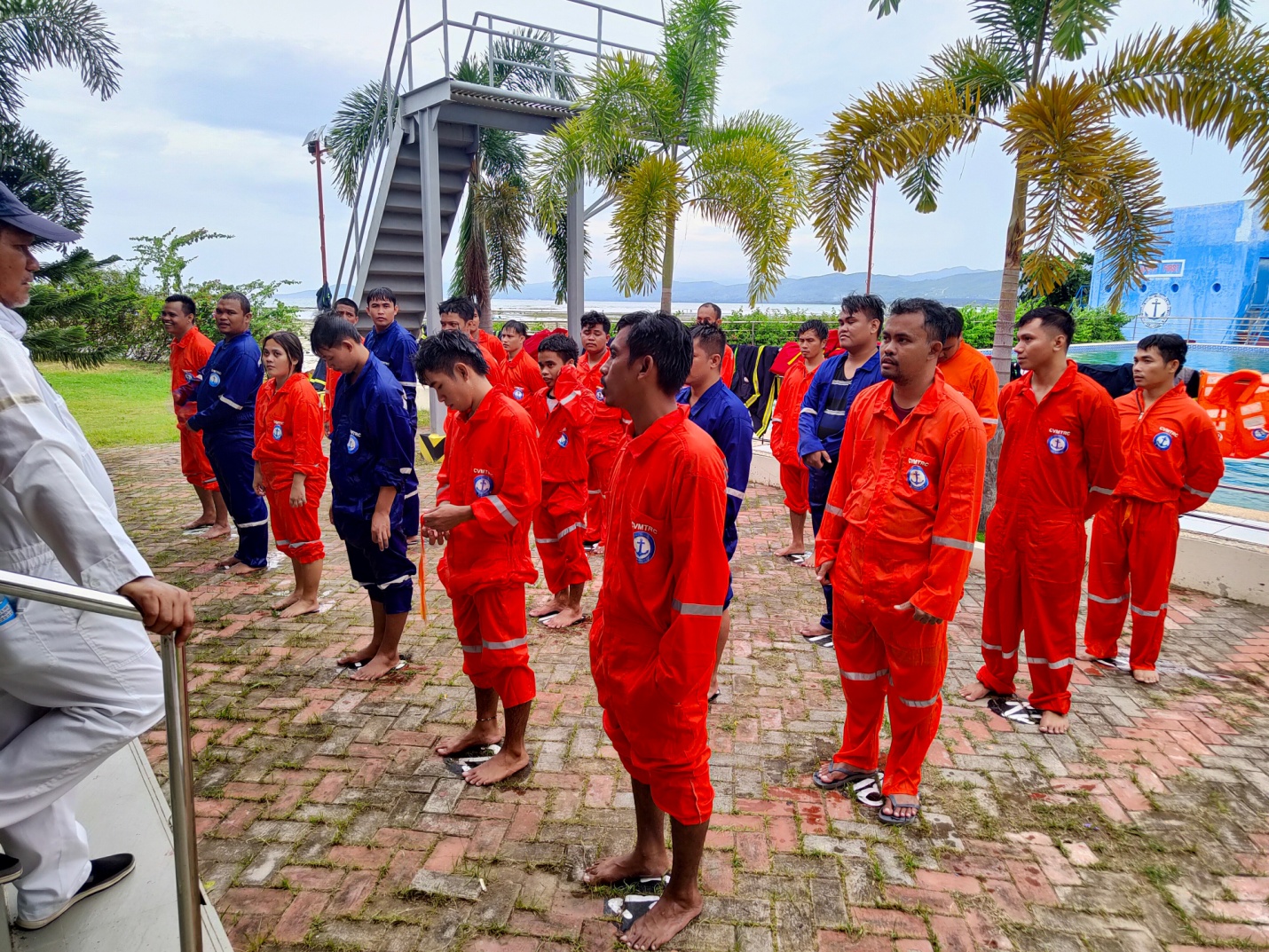
Debriefing of Trainees after performance of Personal Survival Techniques
Atty. Labial said that the classrooms are compliant with MARINA regulations. Each classroom has CCTVs so that MARINA could conduct surveillance and monitoring of classes to ensure that the students physically attended required training.
Since they are ISO certified and accredited by MARINA-STCW the management guarantees the trainings they received are compliant with international standards.
For inquiries they can be contacted at the following channel:
Face Book Page – Central Visayas Maritime Training and Review Center Inc.
Mobile No. – 09176308635
Email Address – centralvisayasmaritime@gmail.com

